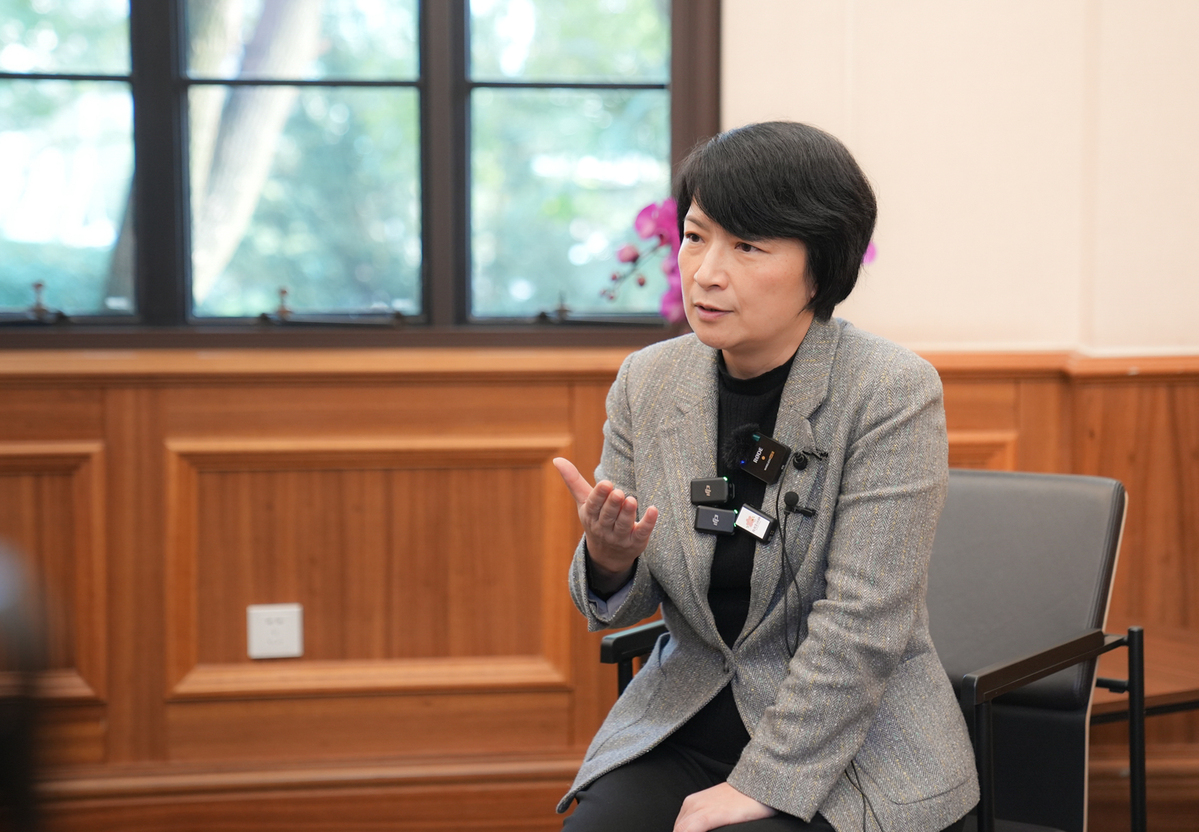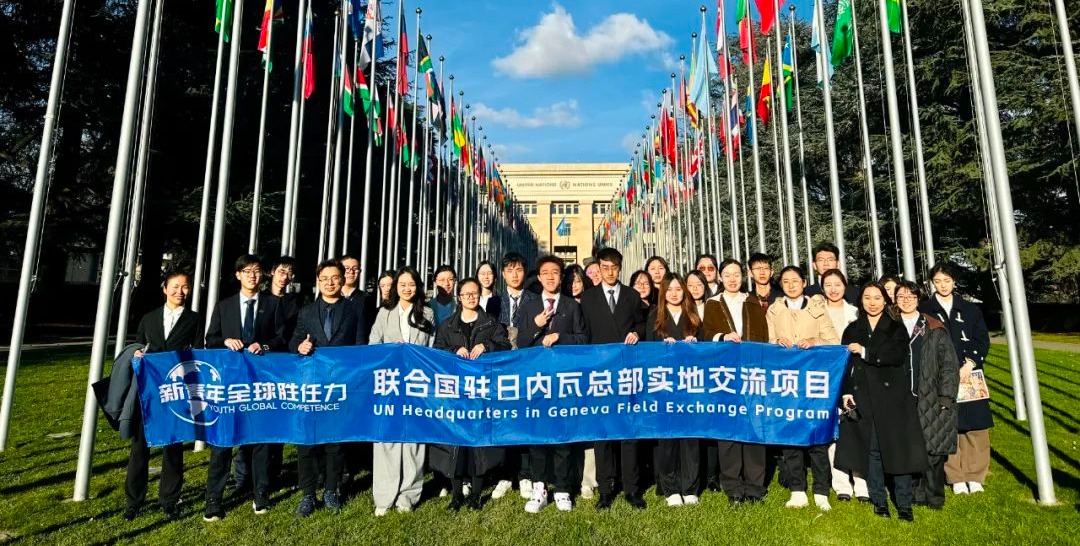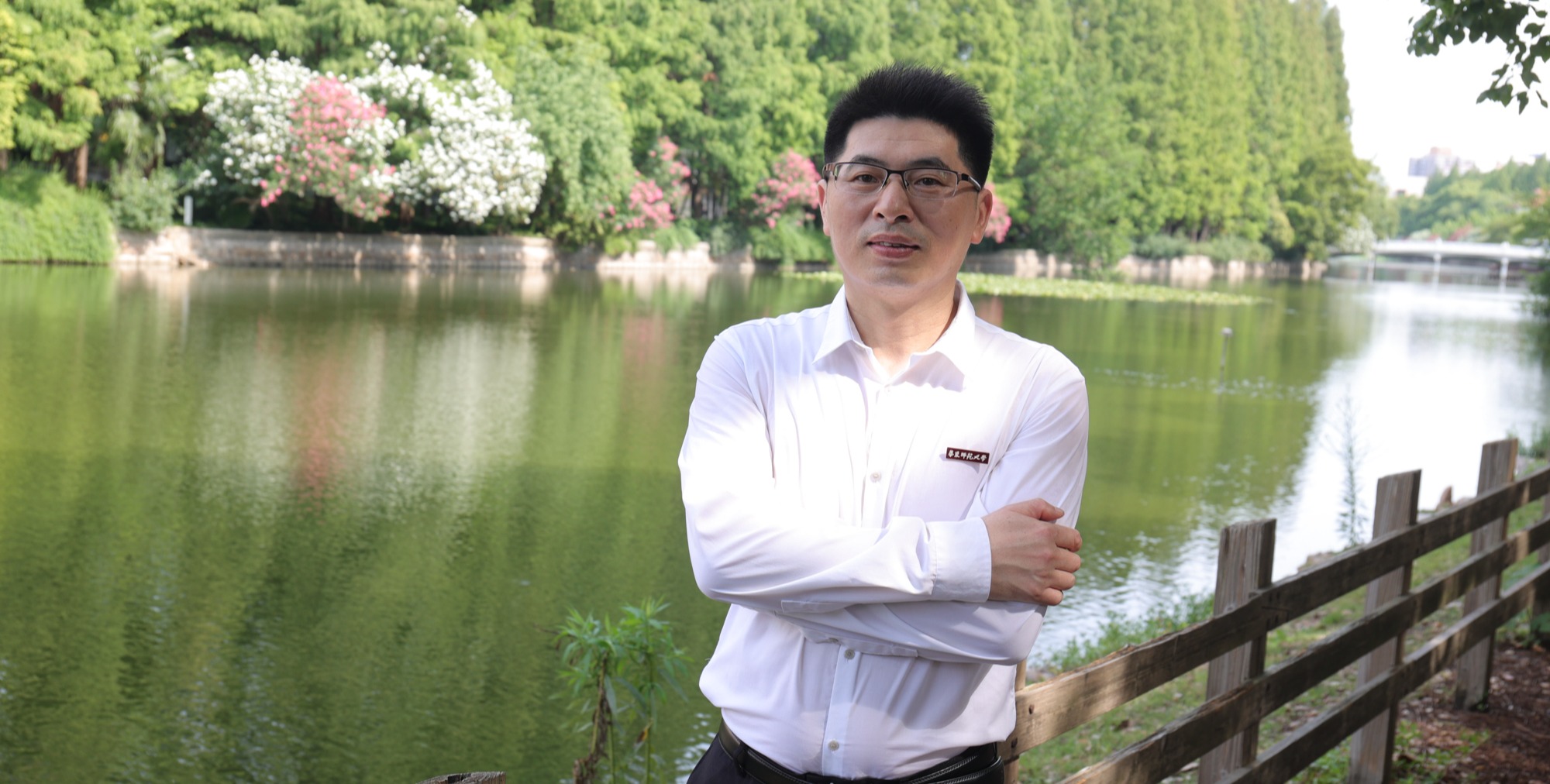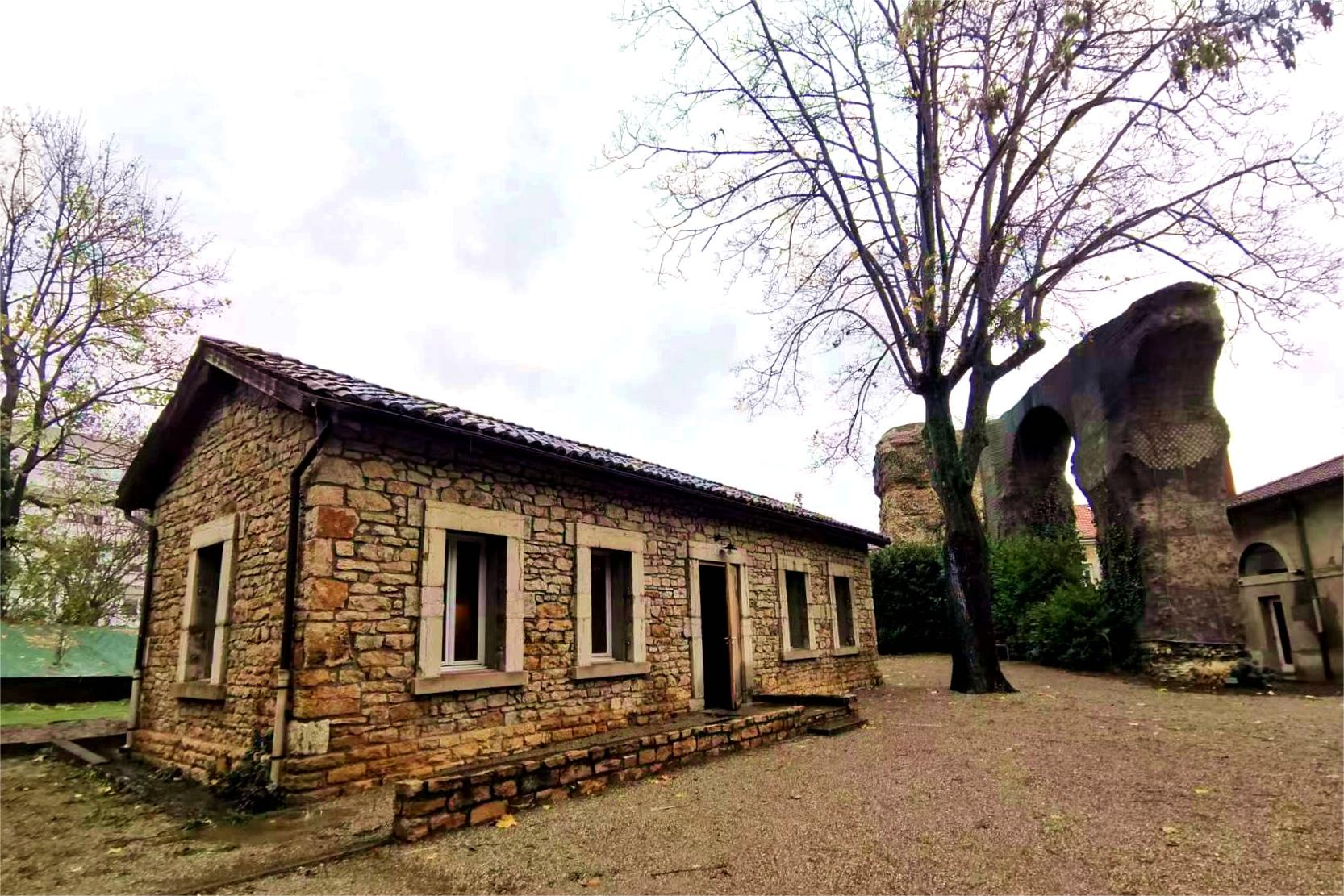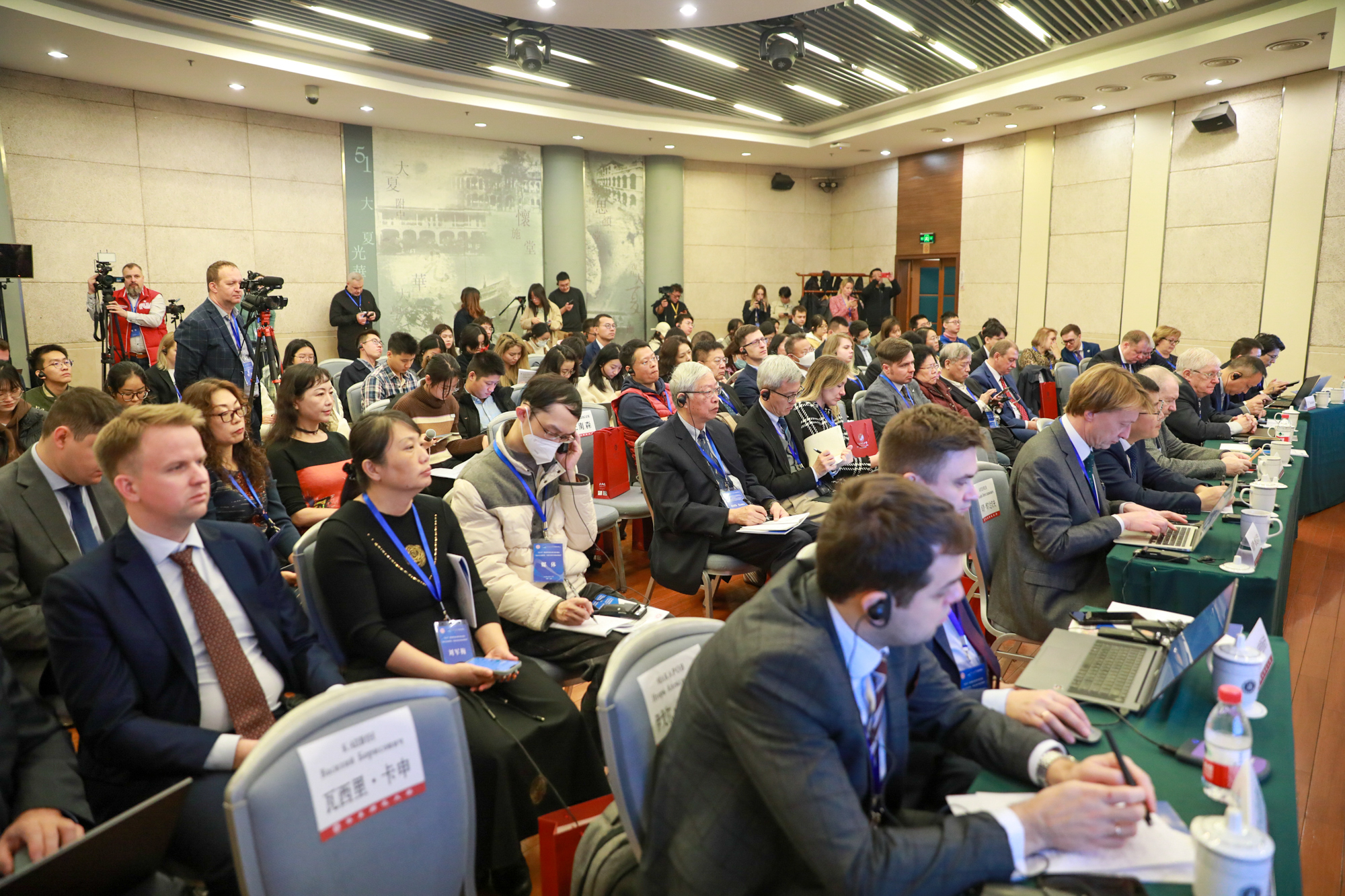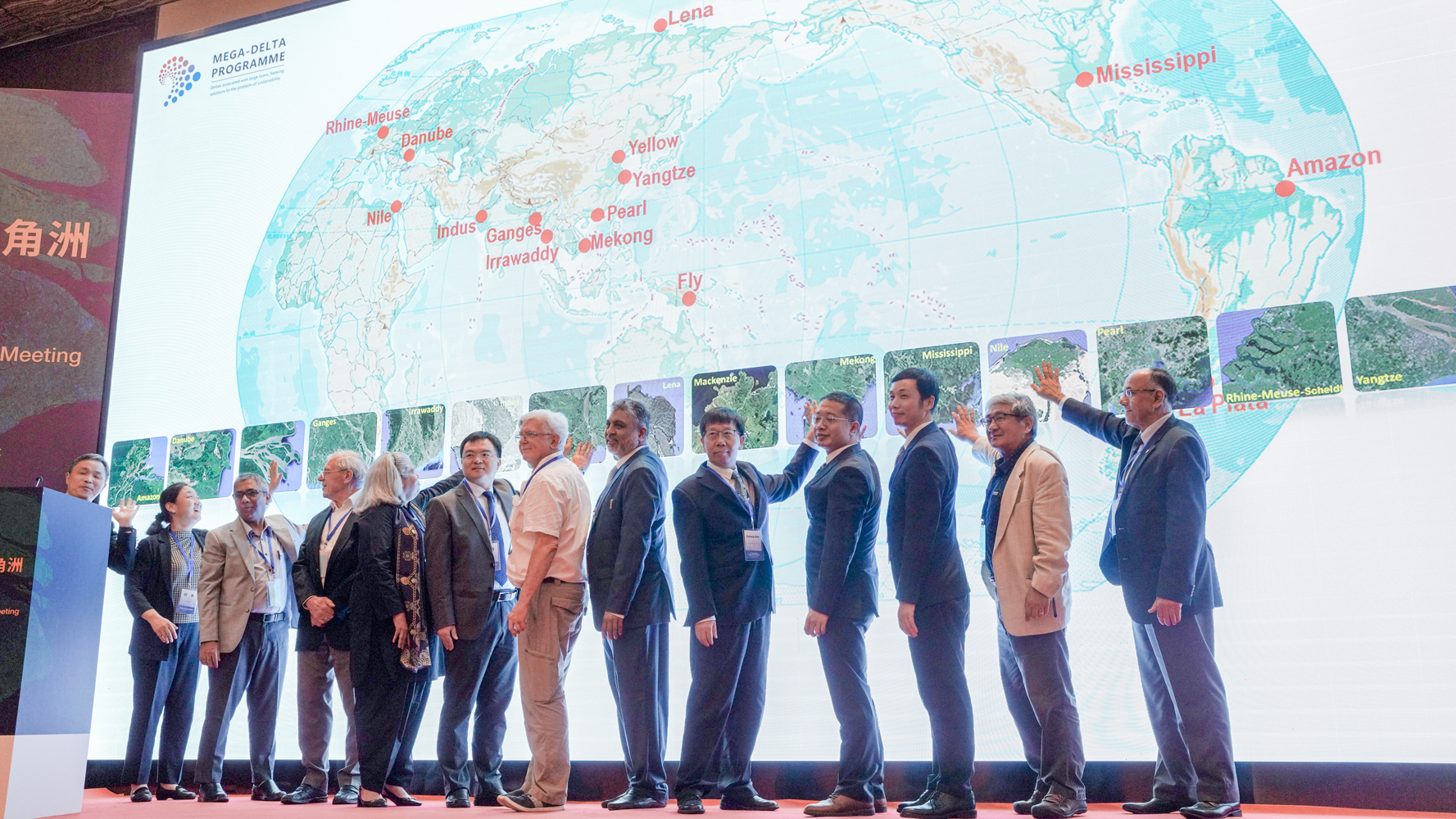# Hot Search #
On July 1st a group of undergraduate students from ECNU, led by Prof. Wang Xiangmin, embarked on an 11-day field investigation in Liuba County of Shaanxi Province. The experience offered was part of the summer course program “Researching China” offered by the School of Political Science and International Relations.
During the course, the students had the opportunity to visit local households, document the natural landscapes, and explore the local cultural customs. Through capturing images, writing, and other forms of expression, they aimed to present a snapshot of rural China in its current state. This practical course was designed to engage students through on-site investigations and providing students with an opportunity to complement the theoretical research in classrooms.
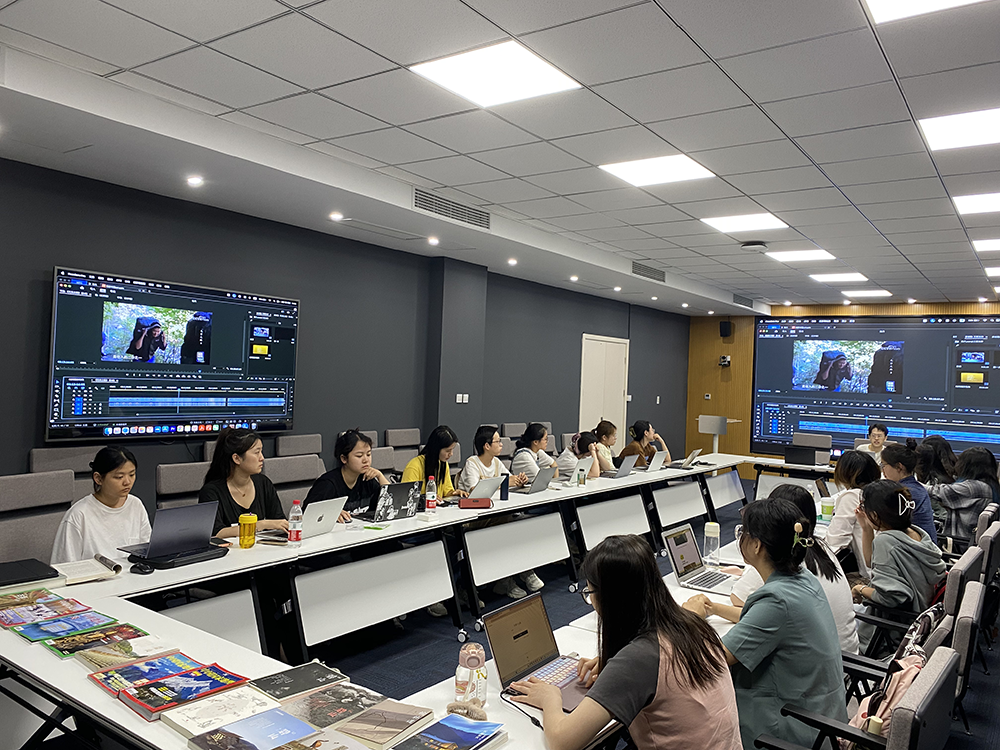
Liuba County is one of the oldest counties in southern Shaanxi Province and thus holds historical significance to Shaanxi Province. It is known as the “gateway to Shaanxi while shielding Sichuan” and has been referred to as the “Throat of Qin and Han” in historical accounts.
The famous historic tale of “feigning one thing while doing another under cover of a diversion” took place here. Over the course of its long history, the ancient Liuba plank road has almost vanished, but the rich local cultural heritage of Liuba County remains vibrant. The course “Researching China” aims to guide students in unraveling the historical context of the area while creating a visual documentation of the historical relics of the Liuba ancient plank road. Furthermore, it encourages students to contemplate how to revitalize these cultural elements through cultural and tourism development.
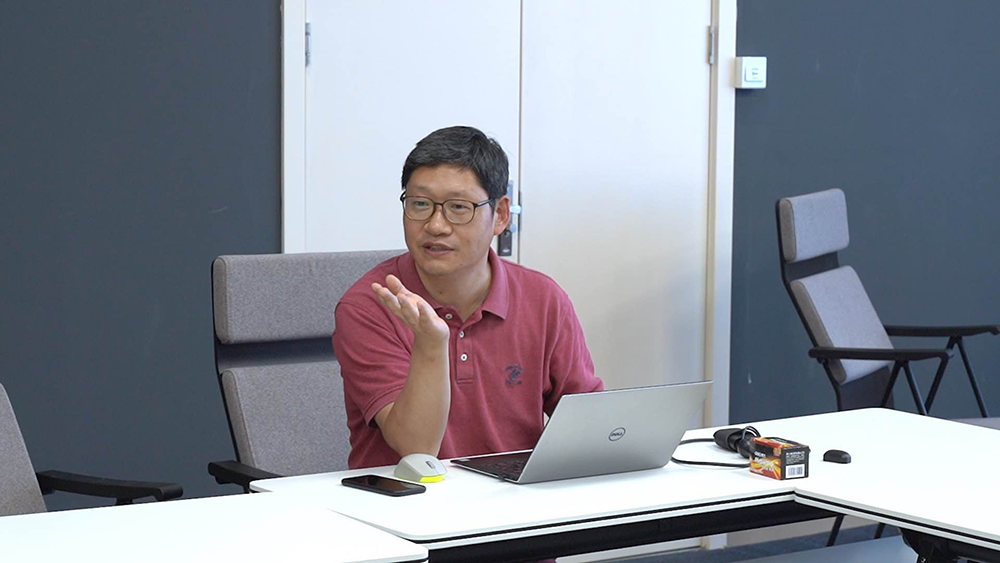
Prof. Wang Xiangmin in class
According to Prof. Wang Xiangmin “The cultural tourism in Liuba has been well developed, for example, the homestay industry has been thriving for over a decade. However, during our last site visit, we discovered that the ancient cliffside pathways, known as the stack paths, were in a state of abandonment. The original stack paths were paved by first digging holes into the cliffs with wooden stakes inserted. Now, the wooden stakes are no longer present, and only the openings of holes on the cliffs remain.”
He also said: “There are approximately four or five stack paths passing through Liuba from Shaanxi to Sichuan. Our goal for this visit is to document the historical remains of these stack paths.”
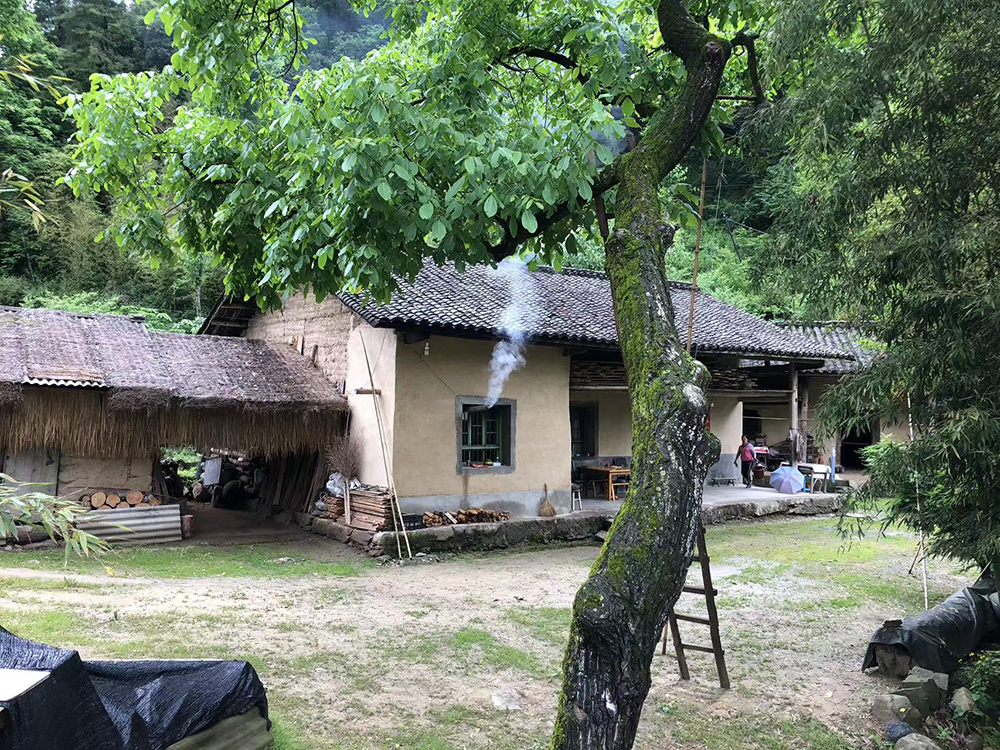
The course “Researching China” is open to ECNU undergraduate students of different majors, including Journalism, History, Chinese Studies, Foreign Languages, and Sociology etc. The teachers and students explored the changes in rural China together and discussed different ways to document and record the countryside, ranging from academic papers and books to documentaries.
One of the students participating in the program, Zhao Yiting, a student from the School of Communication, said: “For me, ‘Researching China’ is a ‘hardcore’ course, interesting, and full of unknowns and uncertainties not only because our research destination, Liuba in Shaanxi, is a place I’ve never been before, but also because our teacher gave us a high level of autonomy during the preliminary training and discussions. We were able to explore the literature, search for information, and watch documentary films to determine the specific topics that we wanted to further study. The teacher also encouraged us to express our ideas.”
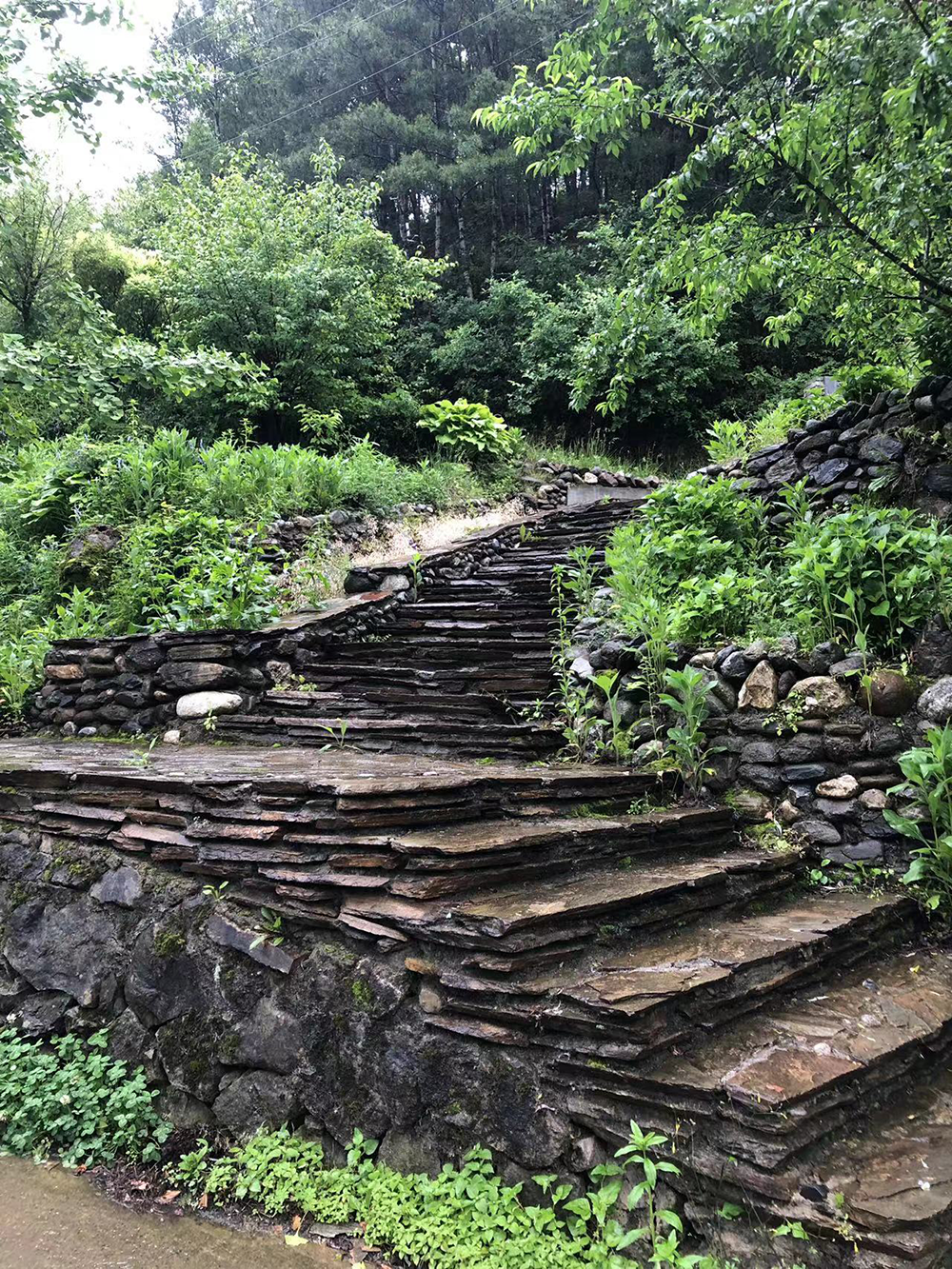
During these discussions, the students put forward their own field research directions based on their interests. For example, the “Toilet Revolution” topic emerged from their research, highlighting the significance of basic sanitation in rural revitalization. They aimed to observe the impacts of rural revitalization on daily life by documenting the changes in local toilets. Another topic put forward was “Cultural Fragmentation” which focused on exploring the changes among villagers’s thoughts and actions who had made contact with the outside world. These included housekeepers and drivers.
Interestingly, the students found that in traditional agricultural production, women held subordinate roles, but with the emergence of the tertiary industry, the status of women in the production system has gradually improved. This allowed the students to focus on the theme of "empowering women" to document this process.
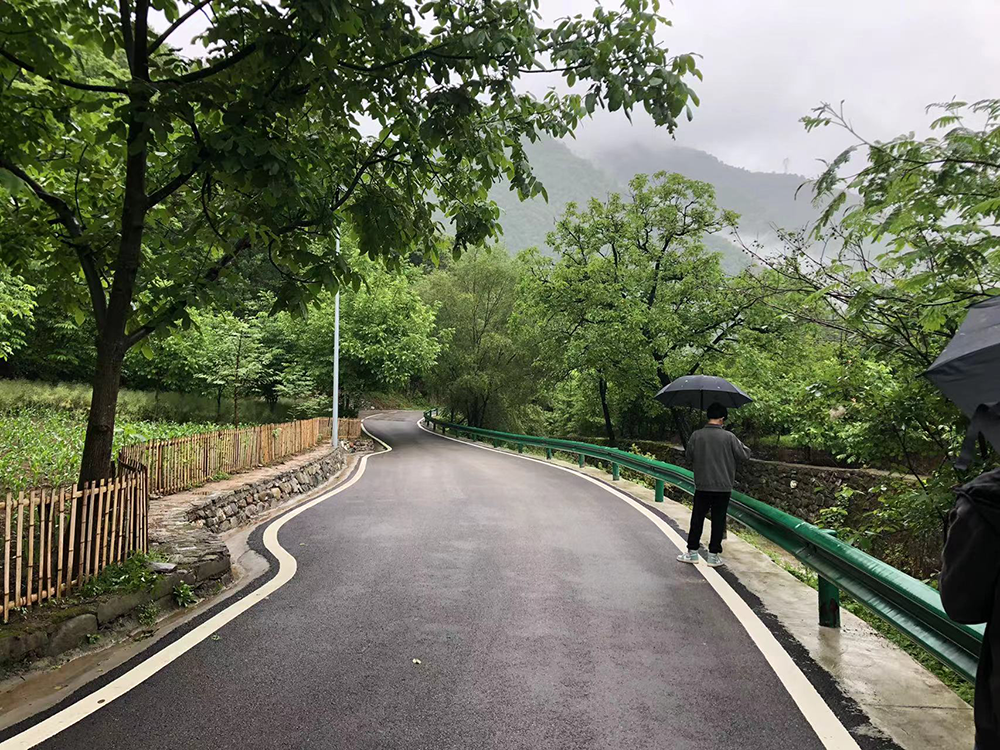
Source:The Paper
Copy editor: Melody Zhang, Mayfield Joshua Monroe
Editor: Yvaine Lyu
